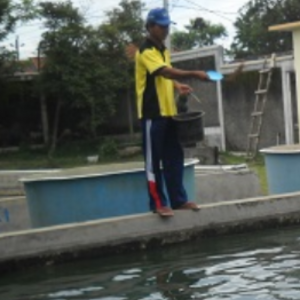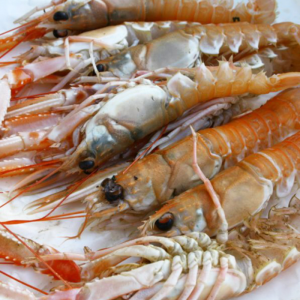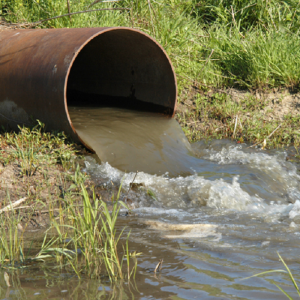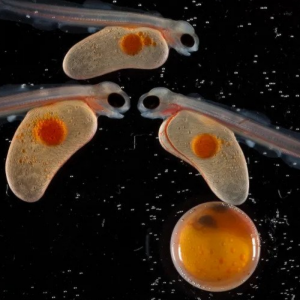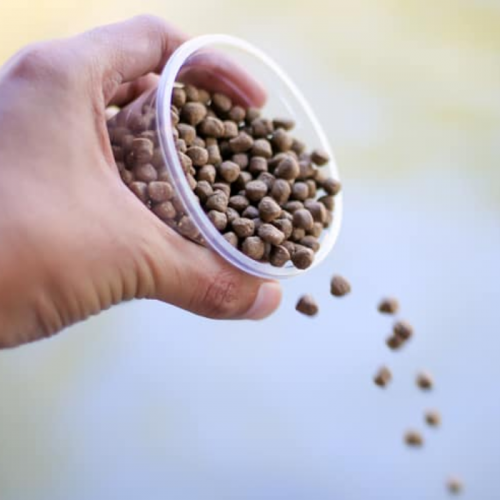
BAP Releases New Feed Mill Standard
| Tue, 07 Jul 2020 - 10:16
The Global Aquaculture Alliance on June 15 announced the release of Issue 3.0 of its Best Aquaculture Practices (BAP) Feed Mill Standard. This widely adopted standard has been strengthened to reflect the growing reliance of aquaculture on responsibly produced feed. Expectations continue to rise for accountability in the sourcing of marine and terrestrial ingredients, and this is reflected in ever stricter sourcing requirements.
BAP-certified feed mills are also being called on to play their part in combatting antimicrobial resistance by excluding the use of antibiotics designated by the World Health Organization (WHO) as critically important for human medicine. In addition, the BAP criteria for safe feed production have been enhanced and the social accountability requirements have been expanded to provide even greater assurance against child labor as well as forced and bonded labor. There are also new requirements that relate to the sourcing of certified soy ingredients and palm oil. These will help to bolster certification programs for terrestrial ingredients, such as ProTerra, Round Table on Responsible Soy (RTRS), U.S. Soy Sustainability Assurance Protocol (SSAP) and Roundtable on Sustainable Palm Oil (RSPO), so the aquafeed industry can have a disproportionate and positive impact on sustainable food chains.
You can also read: Waste Not: Novel Protein-Recapture Initiatives for Aquaculture
However, the greatest impact of the BAP Feed Mill Standard will come via its support for responsibly sourced marine ingredients because aquafeed standards can help incentivize responsible fishery management. The new BAP standard bakes in requirements for responsible ingredients such as those certified to the MarinTrust standard. MarinTrust, which has just gained full ISEAL recognition, has set itself the goal of getting 75 percent of global marine ingredients, certified, in assessment or in FIPs by 2025. Reflecting this level of ambition, the new BAP Feed Mill Standard also requires a minimum of 75 percent of marine ingredients to be from certified sources, or FIPs, from 2025, thus raising its current 50 percent bar. This 75 percent target applies straight away for the producers of feeds for salmonids, who continue to play a leading role in this arena. Any uncertified marine Ingredients must, at a minimum, be free from IUU (illegal, unreported and unregulated) material.
The industry for new and alternative feed ingredients is becoming increasingly important in supporting the expansion of global aquaculture. The BAP program, through its farm standards and their requirements for maximum FIFO (fish in, fish out) ratios, incentivizes the inclusion of new and alternative ingredients and the efficient usage of marine ingredients.
You can also read: Unlocking New Potential for Microalgae in Aquafeed
“The seafood marketplace continues to call for comprehensive supply chain assurances and we are charged with responding. BAP-certified feed mills are central to delivering the quantities of four-star BAP product demanded by the retail and foodservice sectors, so we are delighted to launch this new standard,” said BAP Standards Coordinator Dan Lee.
GAA is grateful to its Feed Technical Committee, chaired by Dr. Ron Hardy of the University of Idaho, for crafting the new standard, which is freely available on the BAP website. It was modified in response to a 60-day public comment process, for which the comments and responses can be viewed here.
There is a one-year transition period before Issue 3.0 of the BAP Feed Mill Standard becomes mandatory, meaning any feed mill that applies for certification or re-certification will be required to abide by Issue 3.0. Pilots are expected to begin in about six months.
Source: BAP Certification













